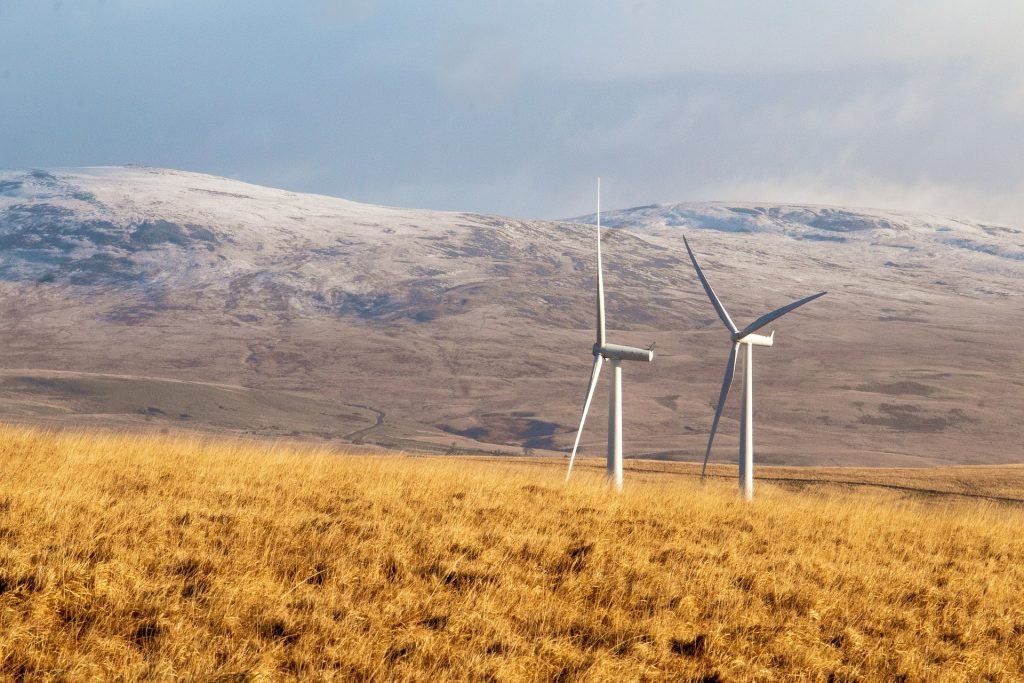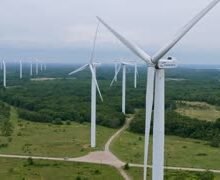The Truth About Climate Change Skepticism
Climate change skepticism has been a long-standing issue, with many individuals and organizations questioning the validity of climate science and its implications.
Climate change is a defining issue of our time, with mounting evidence pointing to the urgent need for action to prevent catastrophic consequences for the planet and its inhabitants.
Despite the overwhelming scientific consensus on the reality and severity of climate change, there remains a persistent skepticism among certain groups and individuals.
In this article, we will explore the reasons behind climate change skepticism, how it is being addressed, and why it is important to challenge these views.
We will also delve into the evidence that supports the reality of climate change and discuss why it is so important for us to take action now.

What is Climate Change Scepticism?
Climate change skepticism is a term that has been used to describe a range of views, from mild skepticism about the specifics of certain climate change models to outright denial of the existence of human-caused climate change.
Climate change skeptics may argue that the current evidence for climate change is weak, that the impact of human activity on the climate is overstated, or that the proposed solutions to address climate change are not worth the economic costs.
However, it’s important to note that the overwhelming majority of scientific evidence supports the reality of human-caused climate change, and that the scientific consensus on this issue is very strong.
This consensus has been reached through a rigorous and iterative process of scientific research, review, and consensus-building, involving thousands of scientists from around the world.
Despite this scientific consensus, climate change skepticism persists, and is often fueled by misinformation campaigns from special interest groups or the media.
Some of these campaigns seek to cast doubt on the scientific consensus on climate change, often by cherry-picking data or misrepresenting the findings of scientific studies.
Other campaigns may seek to sow confusion by promoting alternative theories or explanations for observed climate changes.
In addition to these external factors, climate change skepticism may also be fueled by a lack of understanding of the scientific process.
Climate science is a complex field that involves a wide range of scientific disciplines, from atmospheric science to ecology, and requires sophisticated methods and tools for data collection, analysis, and modeling.
As a result, it can be difficult for non-experts to fully understand the nuances and complexities of climate science.
Overall, climate change skepticism can have significant implications for efforts to address climate change, as it can lead to a lack of political will to take action, and can delay or undermine efforts to mitigate the impacts of climate change.
It’s important to recognize and address climate change skepticism in order to effectively combat climate change.
Reference:
- NASA Global Climate Change: https://climate.nasa.gov/evidence/
- Intergovernmental Panel on Climate Change: https://www.ipcc.ch/
- Union of Concerned Scientists: https://www.ucsusa.org/resources/global-warming-skepticism-science-and-denial
See other articles on Climate change here
Uncovering the Science Behind Climate Change – What You Need to Know:
The Complete Guide to Climate Change and Why You Should be Concerned


